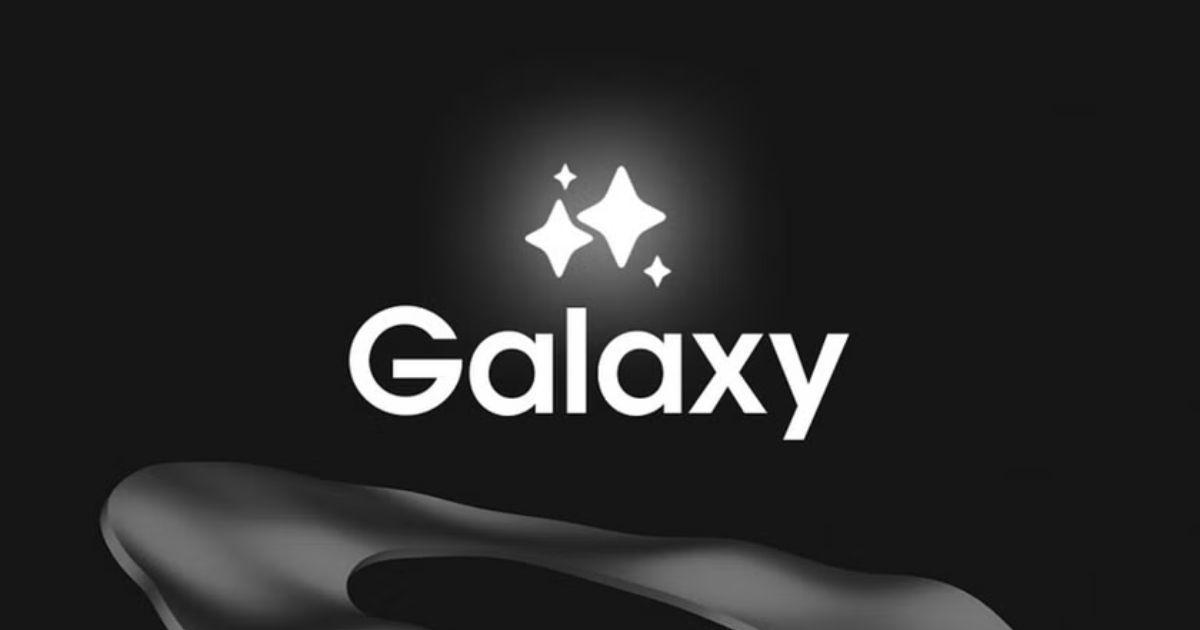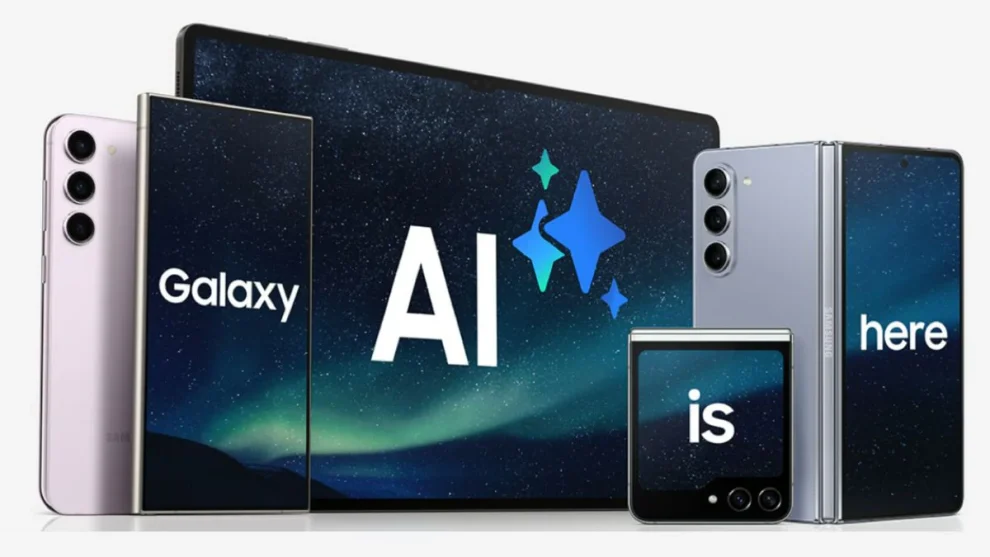The world of smartphone AI assistants is about to get a whole lot more competitive. Google, the undisputed leader in web search and a major player in AI development, has officially thrown its hat into the ring with Google AI, a comprehensive suite of features designed to rival Samsung’s Galaxy AI.
This move comes after Samsung took the mobile world by storm earlier this year with the introduction of Galaxy AI on the Galaxy S24. Features like Chat Assist, which provides real-time conversation summaries, Interpreter Mode for seamless multilingual communication, and Live Translate Call for effortless translation during phone calls, quickly captured user attention.
However, Google isn’t one to be left behind. While Pixel phones have boasted various AI-powered features for years, Google AI marks a significant shift. It signifies a unified approach, bringing together existing functionalities under a single brand and introducing exciting new features specifically designed to compete with Galaxy AI.
Unveiling the Arsenal: What to Expect from Google AI
While details remain shrouded in a veil of secrecy, leaks and reports suggest Google AI will be a powerful contender. Here’s a breakdown of what we know so far:
- Consolidation and Rebranding: Google plans to bring existing, well-received AI functionalities like Circle to Search (contextual image search) and Gemini (large language model for advanced text processing) under the Google AI umbrella. This streamlining could enhance user experience by providing a centralized hub for AI-powered features.
- New Feature Focus: Google AI is expected to introduce several groundbreaking features. Add Me” promises to ensure everyone is included in group photos, a common frustration for many. Pixel Screenshots” hints towards AI-powered screenshot editing capabilities, while “Studio” remains shrouded in mystery, potentially offering creative photo and video editing tools powered by AI.
These features, alongside existing functionalities, paint a picture of a robust AI assistant with a focus on everyday user needs. Whether Google AI can match the depth and functionality of Galaxy AI’s current offerings remains to be seen, but the competition promises exciting advancements in the field.

Beyond the Specs: The Battle for User Trust and Integration
While features are important, the true battleground for AI assistants lies in user trust and integration. Here’s how Google AI might approach these challenges:
- Leveraging Google‘s Ecosystem: Google boasts a vast ecosystem of products and services, from Search and Assistant to Gmail and Maps. Seamless integration of Google AI across this ecosystem could create a powerful user experience, allowing users to leverage AI functionalities effortlessly within their daily workflow.
- Focus on Privacy: Privacy concerns remain a major hurdle for AI adoption. Google, which has faced criticism in the past, needs to prioritize user privacy and offer transparent data practices to gain user trust.
- Openness and Customization: Unlike Galaxy AI, which is currently limited to Samsung devices, Google AI has the potential to be more widely available. Openness to other Android manufacturers and a focus on user customization could be key differentiators.
By addressing these challenges, Google AI can carve a niche for itself in the AI assistant market.
The Road Ahead: A New Era of AI-powered Assistance
The arrival of Google AI signifies a new chapter in the evolution of AI assistants. With two major players vying for user attention, the stage is set for a period of rapid innovation. Here’s what this means for users:
- More Powerful Features: The competition promises to push the boundaries of AI capabilities. Users can expect smarter, more intuitive AI assistants that can anticipate needs, perform complex tasks, and offer personalized experiences.
- Improved User Experience: Streamlined interfaces, seamless integration across devices, and a focus on user needs will likely lead to a more user-friendly and intuitive AI experience.
- Focus on Specific Needs: With different companies competing, we might see AI assistants catering to specific user needs. Google AI, for instance, could leverage its search expertise to offer superior information retrieval capabilities.
Ultimately, the battle between Google AI and Galaxy AI benefits users the most. Increased competition drives innovation, leading to more powerful, user-centric AI assistants that can truly enhance our daily lives. The future of AI-powered assistance is bright, and the arrival of Google AI promises to be a major catalyst for progress.
















Add Comment